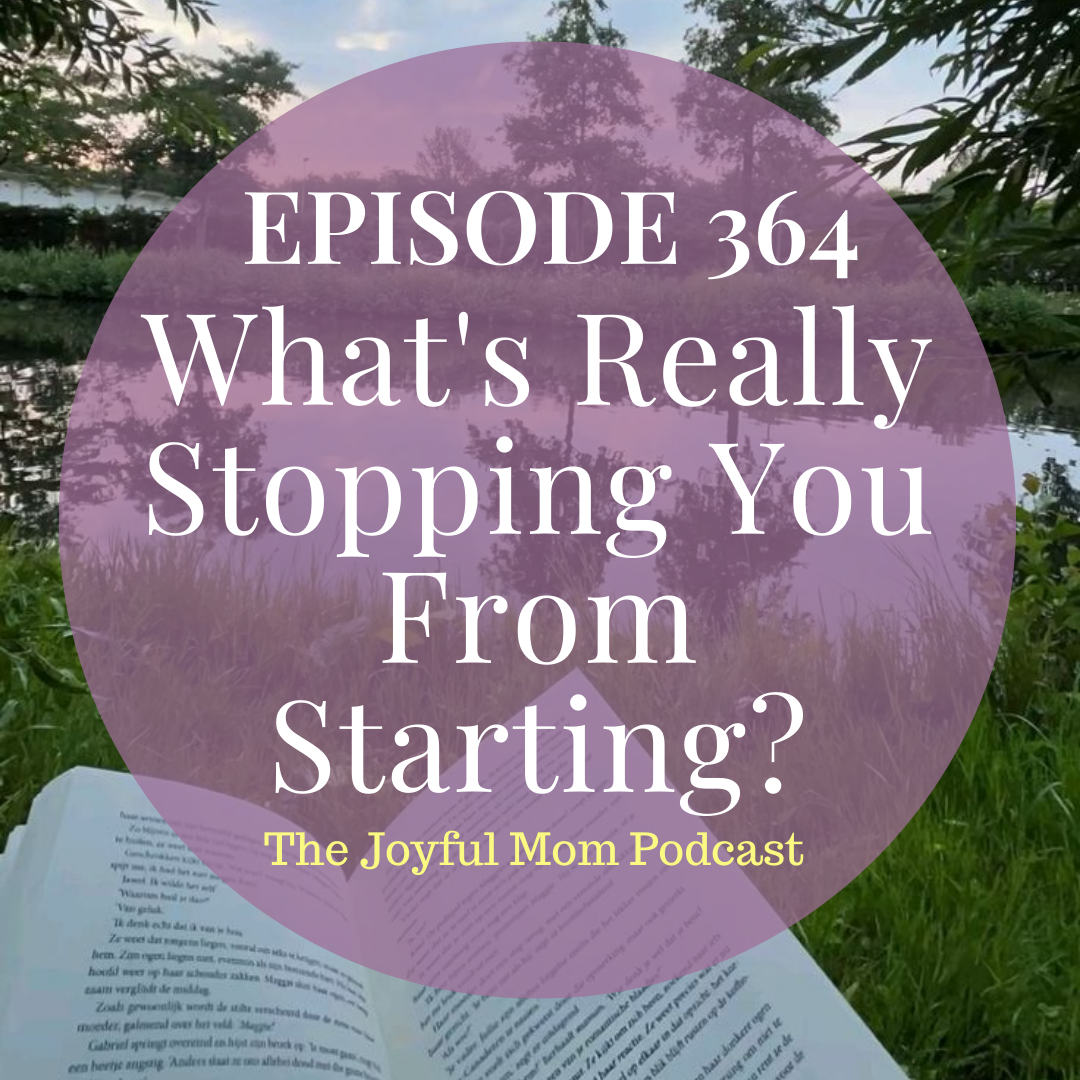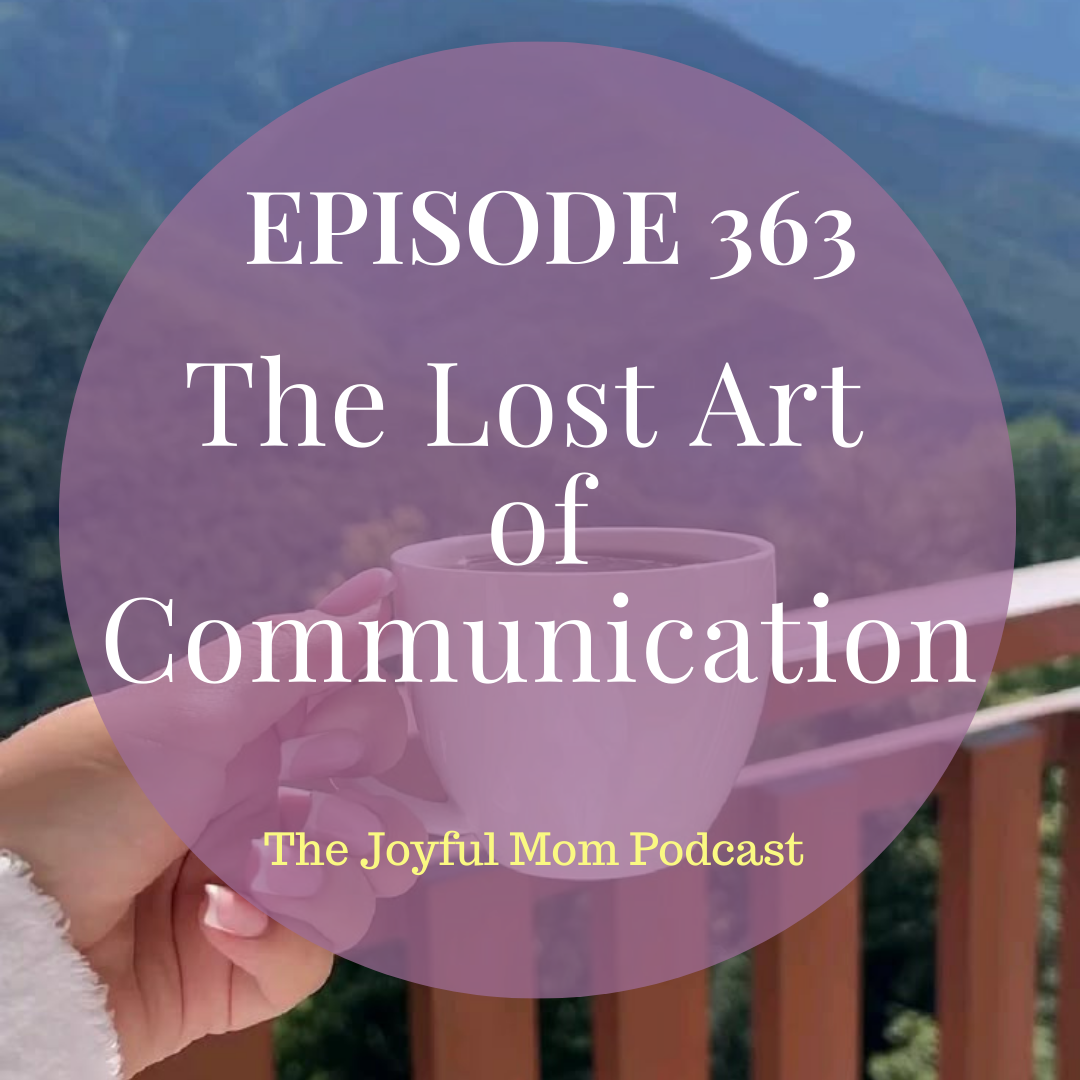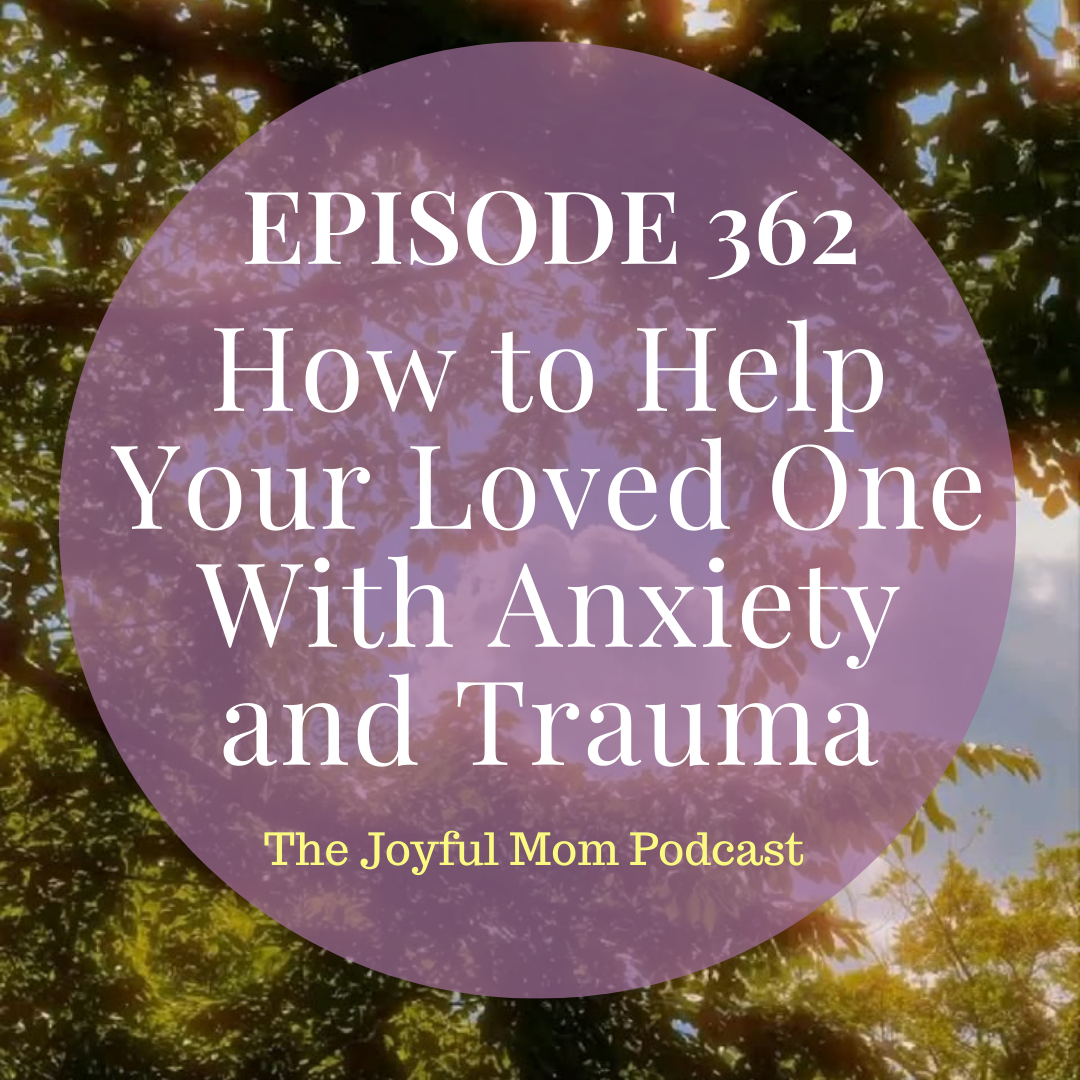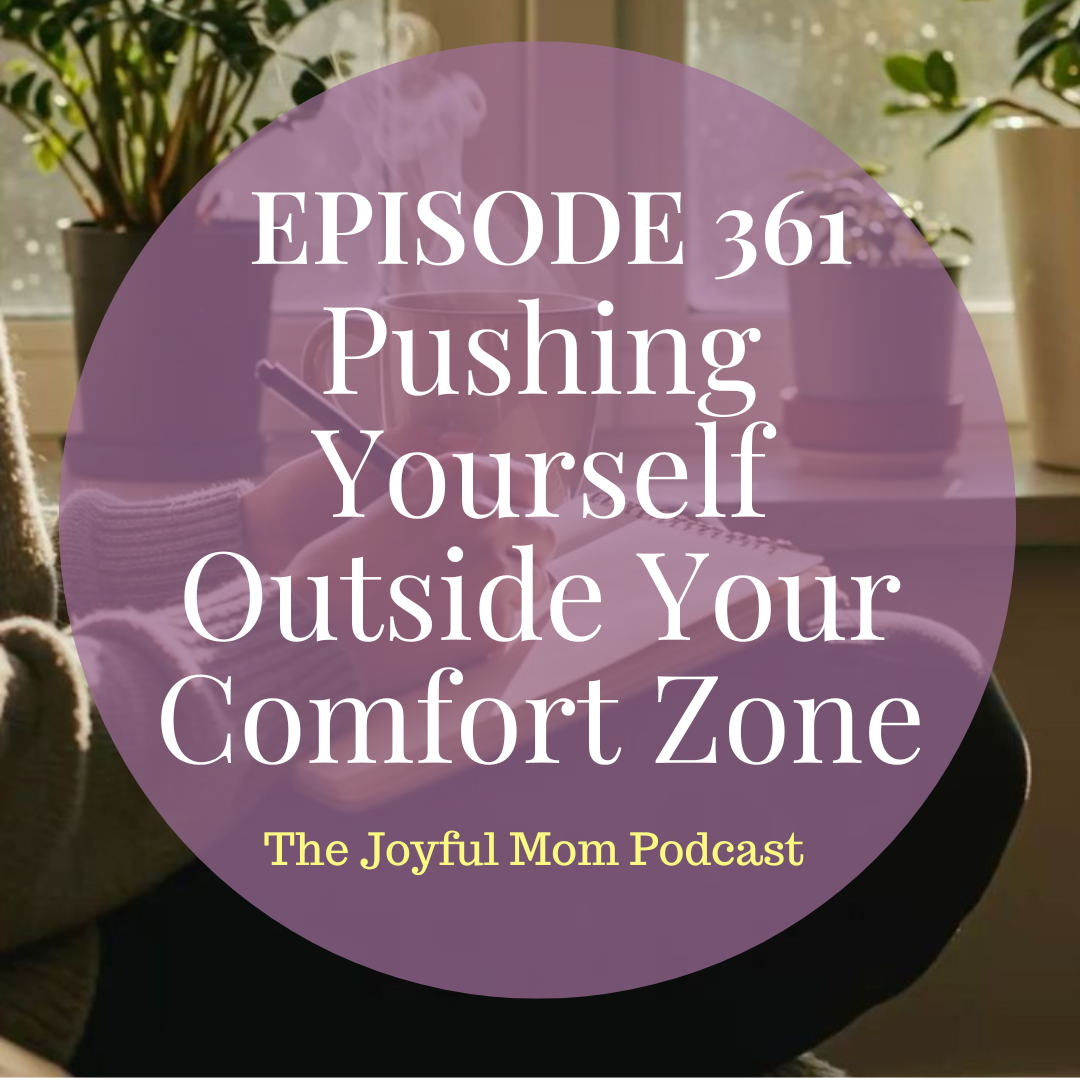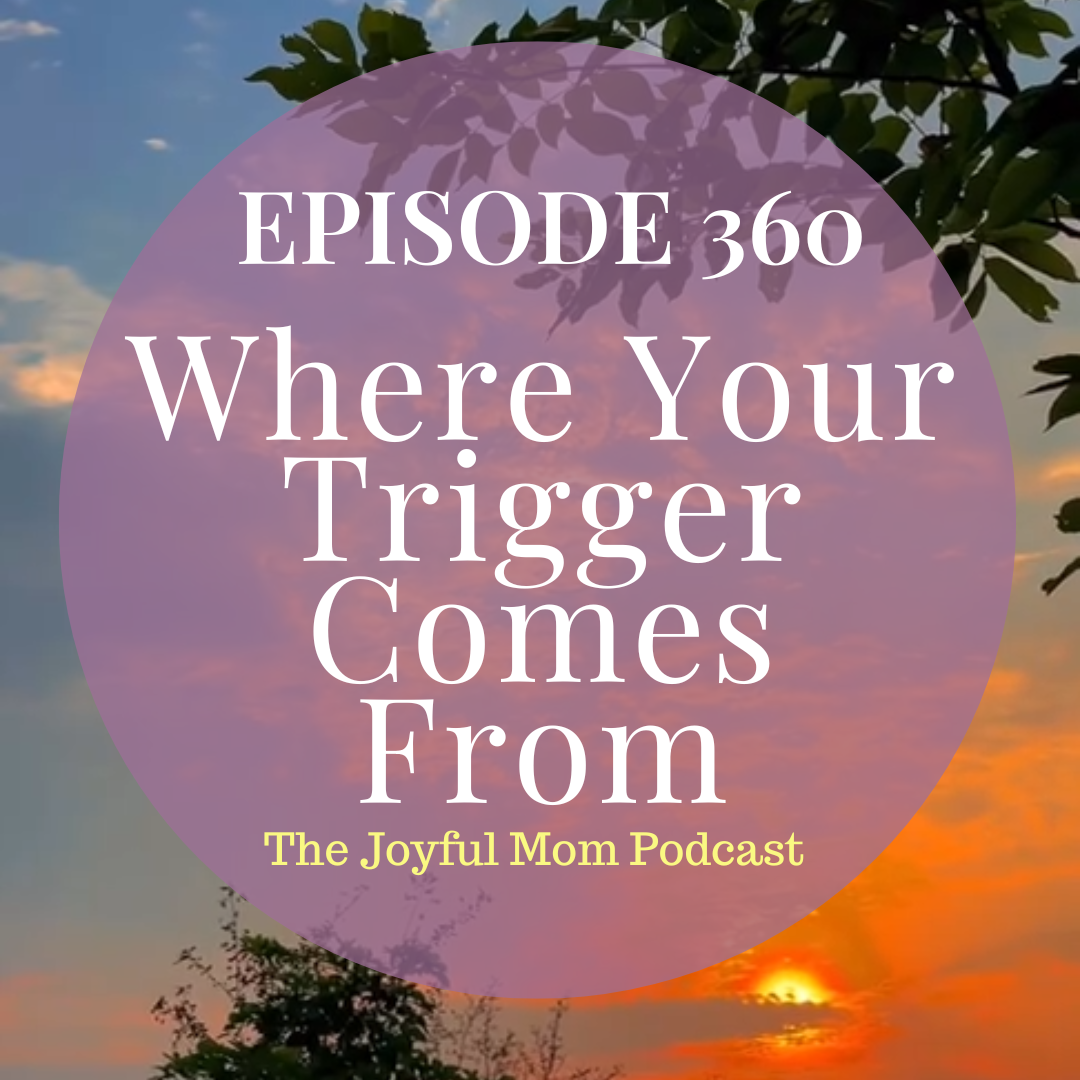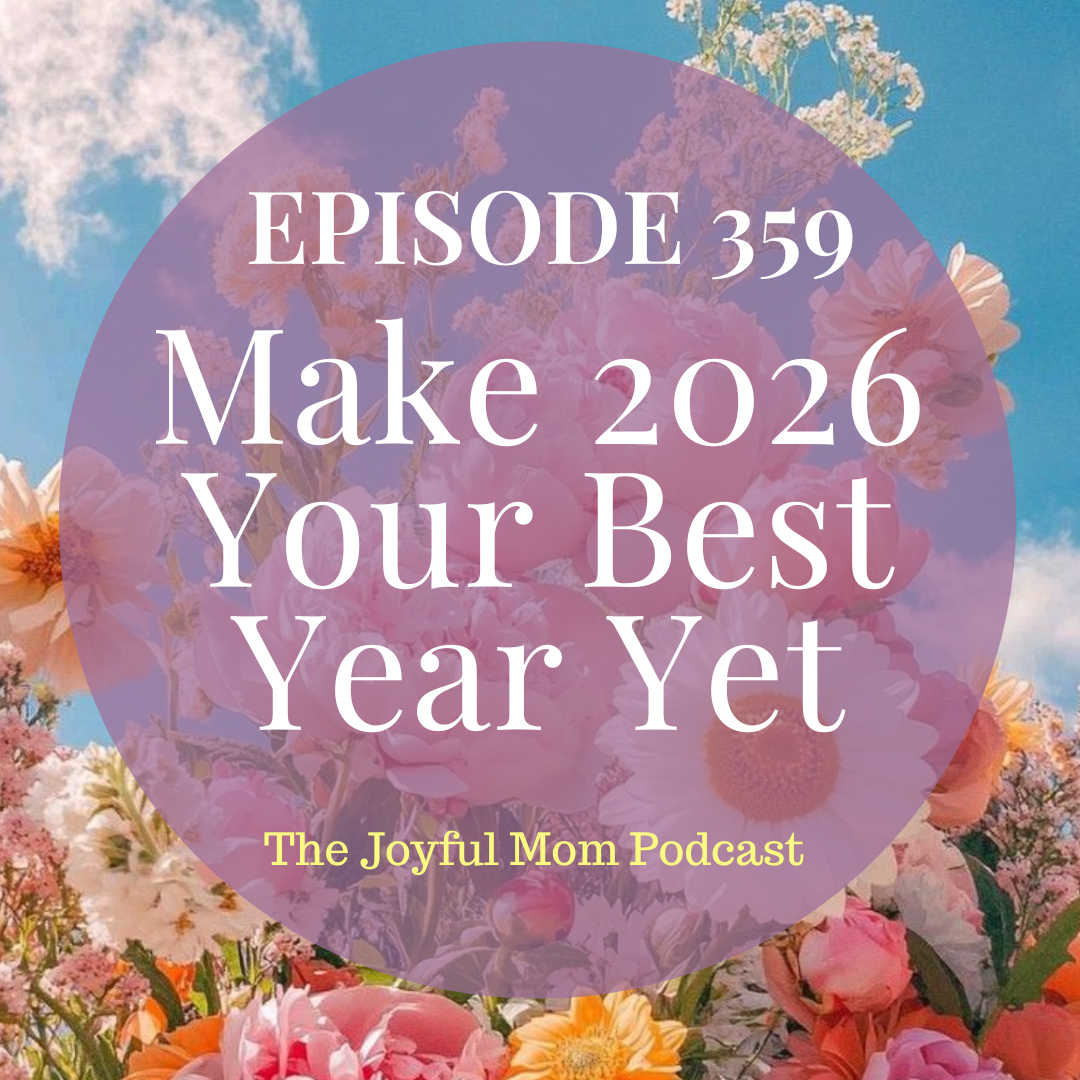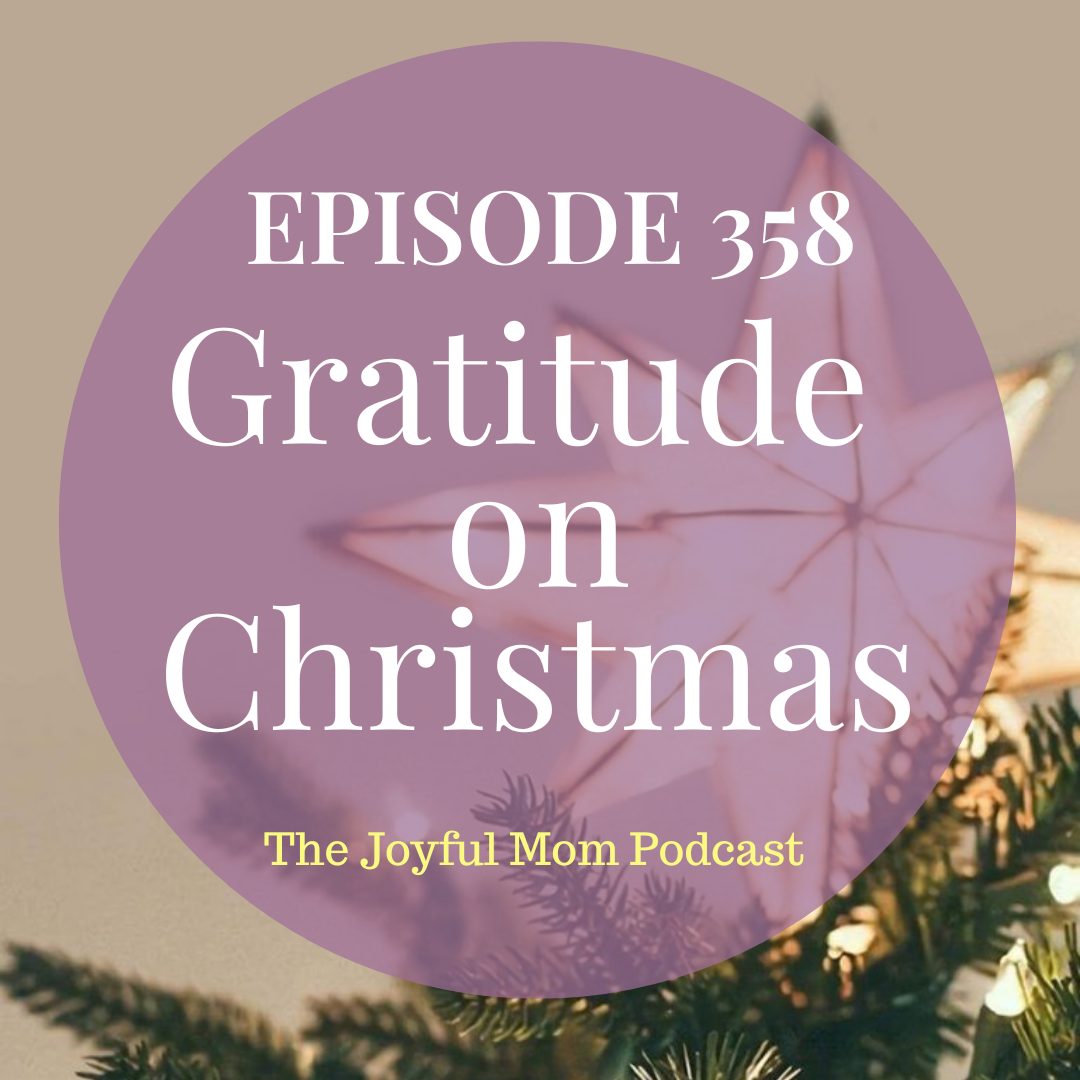248: Bereaved Parents Conference
Hello, friends! Today's episode is a recording of the workshop that I hosted at the bereaved parents conference. I'm excited for you to listen in. There were even people there who missed it and who were like – ‘Oh, I wanted to listen to it! ‘- and I'm like – ‘putting on the podcast so you can listen in’ –so that's what that is today. I did edit out the meditations I did there because I just used music from Spotify to do it. I don't think I have the rights to put it on my podcast because I haven't bought the music or paid for it. I edited those meditations out of there. Before we dive in, I just want to remind you about the quiz. The free quiz I have on my website at meganhillukka.com, where you can see if you're grieving in a healthy way after your child died. Check that out and get a baseline for where you're at and how you're feeling. So, let's dive into today's podcast episode. I'm excited to share this with you.
Hi, I’m Megan Hillukka. I just want to start by sharing – when I was younger, say when I was 18/19/20 when I first got married. I remember feeling super emotionally fragile. Like I wouldn't make a joke or make a joke about me, or I was super sensitive. I couldn't take any jokes. Emotionally, I felt really shattered already. Then when I was 23 years old, my daughter Aria died and so I came from this place of feeling like I don't know how to feel my emotions. If there's anything uncomfortable, I would just run away from it. I would ignore it. If my relationship had an issue or a disagreement, I would just end the relationship. I was so uncomfortable with my emotions or pain or difficult things that I wouldn't even want to deal with them. But then when Aria died, I felt like I had no choice. if any of you have felt this where your whole world shattered. The foundation of your whole life is shattered. Everything that you believed you thought you felt, you never knew that you could feel such deep pain. I never knew what could last so long. Never knew that this even existed, and I was thrown into this world like a lot of you.
I feel it's a shock – Aria was 15 months old when she died in her sleep, and I found her. Another part that I'm not going to go into today is about trauma. I found her; it was super traumatic. I had a baby four weeks later, so I was 36 weeks pregnant then.
I'm not going to go into trauma today, but I want to kind of explain a little bit about the difference between grief and trauma. I want to just give a quick glimpse of grief and trauma and their differences. Grief is something – as you're learning throughout these workshops that I've been attending. I've been hearing it too – that we carry it with us for the rest of our life. Grief is something we learn to live with. It's something we learn to carry. We integrate it into our life. Trauma on the other hand is something that can be completely healed completely. If you think of a cycle, the trauma cycle can be completely healed and closed. I don't live with trauma anymore. I couldn't put my kids to sleep. I've had five other kids since her dying, and I don't worry about them dying. I could put them to bed, and I'm not concerned. it's not a problem but I've healed the trauma. These are completely different things.
I've found that most people who experience child loss, experienced trauma. It's hard to tell one without the other because this is your experience. But trauma is more like an uncontrollable response in your body. Things like loops in your brain that keep going over and over pictures, memories, that keep coming up that are super uncontrollable. It's all the stuff that you can't control. It's like you feel crazy. You feel like you're losing it. You're like – ‘I don't know what's happening, it's just happening in my body’ – that's trauma stuff. Grief is the emotions and all the thoughts and feelings that we might have with our child dying. But I'm not going to go into it. I was thinking that later, there's those sharing things and I could talk about trauma, or anybody could come to talk to me about trauma. I love talking about trauma because it's horrific to live with and it's amazing to heal it. If anybody wants to come talk to me about trauma, I'm happy to talk about that.
But I want to focus on grief. And you're all here because you felt a lot of pain. You have had a lot of pain and grief, and it can seem like the pain will never end. There's no hope. I know, I felt that in the beginning.
I want to check in, ‘have any of you noticed any changes in your life physically, mentally, emotionally, or spiritually? You feel like you’re a different person?’ All of you. A huge thing that might happen after your child dies is also having health issues, health struggles that you've never had before. It's like a shock on your whole system, and your whole body's trying to integrate with what is going on and what happened. I don't even know how to live this life that I'm living now.
I tend to work with grieving moms. I'm a great coach and a great guide now in my life. And the two things that I've found is, you could be in between these two, one is that people tend to either be trying to find the positive or look for the good or trying to be ‘I'm just going to try and make the best of it’ or trying to be grateful for their life. But they're ignoring the pain and they won't let any pain in. They're terrified to let the pain in because maybe it feels like they will get sucked into it and never come out. They're going to go into a deep hole and be stuck there. If I let myself feel sad, I won't stop crying - those kinds of things. Then the other side of it is people who feel like they can't ever get out of the pain, they're like constantly stuck in it every day. It just says heavy clouds over their life. They just can't do anything about it. They're like – ‘Well, no matter what I do I can't get out of it’, those are kind of ground emphasis extremes. That’s the two sides that I see.
These are part of grief. All of it is the whole experience of grief and when we allow ourselves to feel the whole continuum of all the emotions that come, that's when I believe that we can start to integrate grief into our lives and that's when grief gets lighter.
Checking in, ‘Are you noticing that you're one or the other of that?’ Resisting grief and feeling grief are two different things. Does anybody know the difference between resisting a motion? Say you're feeling an emotion, can you tell the difference between when you're resisting it or when you're feeling it?
I think a lot of us do that. Not only are we just feeling one emotion, but we’ve also made it so much harder for ourselves by adding this more, we call it dirty grief, on top. Dirty grief is the suffering, the pain, the guilt, the shame, the things that cycle and cycle that make it a lot harder.
I'm not going to tell you that grief will go away. I'm not going to tell you that it's going to be gone. I'm here to help ease the pain of grief, to make it lighter, and to show you ways in which mindfulness can help you flow with the grief. Like when we are resisting grief, we make it heavier, we make it last longer and you just feel it. It's so interesting when - because this is all like an embodied experience right? - you must experience yourself in your own body. I can tell you all about it and you must feel it yourself. When you're resisting it, you can feel it and you're trying to keep busy going through your day and you're like why am I feeling this, I shouldn't be feeling this way. But when you're like, I'm just going to sit and feel this. It goes through way quicker and suddenly, you're in the moment, and you're feeling it. You're like, I can't do this, this is so painful, this is so hard. I don't want to feel this but you're sitting with that and then you're like - OK wow that dissipated, and I can get up and I can keep going with my day.
I want to dive in, quick or not quick, but I have a guided meditation. I do it at the start of every call. I was going to do it right at the beginning of every call I do in the work that I do. I want to do it now. You can get comfortable. I'm going to put on some music. You can keep your eyes closed. Or keep your eyes open whatever feels comfortable for you. If you don't want to do it, just sit there while I have everyone else do it.
Does anybody have anything you want to share that they noticed? not yeah very common that we're not really connected with what's going on in our body because we're out here right. did it feel like it was able to lessen by the time we were done with it? and that's like I always start all the calls and work I do with this because we're always so out of our bodies and this is a way to help you get in. and kind of get curious about what's going on and then it also shows you that when you allow, and be with it, gets lighter. It softens a little bit when you sit with it. I was talking a little bit earlier about when we resist emotions, they get more intense, and make us more exhausted. How many of you are tired of grief? the most exhausted you've ever been. it's so tiring and like we talked about earlier, adding that shame and the guilt and everything on top. It just makes grief that much more tiring. if I came to you and I was like -hey can you help me with my computer? My computer is broken. it doesn't work. I just don't know what's going on with it. and you pick it up and you look at it, and you're like, Megan, you have like 30 programs hundred tabs running open. there's just too much going on in there, and if you were to just shut down these programs, and shut out these tabs, everything would be so much clearer and easier and everything runs better.
In the same way with grief and trauma, if we don't take time to process it. If we try to ignore trauma, it's just that thing in the background. It's constantly there, constantly running. If we're trying to ignore it, it's like we're putting it under the rug but it's still there, hasn't gone away. And it's when we take it out from under the rug and hold it, it gets so much easier.
I've experienced it myself when I allow myself to feel when I allow myself to be. You can move through the emotions so much easier, and they go through quicker. They don't last as long and they're not as painful. I think of emotions as a river or a dam. Imagine if my body here is like a conduit of where emotions come through. There's this river of emotion, they just come. We don't control what emotions come. This river flows through anger. I don't want to feel it, put up or down. Guilt doesn’t want to feel it, put up a damn sadness. I'm not ready for that today, put up this wall. You build up this wall and suddenly you have this big, huge pile. It's in your body. Here, it's like trapped here, stuck here, and that's where other things that can show up. Like physical health things that come out and all the things that we talked about earlier when it's everything that's affected. Your physical, mental, spiritual, and emotional health. When you just let those emotions flow through you, the river flows through. The anger comes into your body and then it continues. We often think ‘Oh I'm feeling angry, I'm going to be in anger forever’. If I let myself feel angry, I'm never going to not be angry. But if you let it come in and come out, it's like this river is flowing.
That's what meditation and mindfulness practices can help you. Learn how to be present and just be with what is in your body rather than trying to change it. Part of this too is allowing emotion without judgment. When you feel an emotion, an example I like to use is anger because a lot of us have socialization around anger. We're not supposed to be angry. We don't want to think about ourselves as an angry person. I’ve never been angry in my life.
‘How many of you have dealt with anger in your grief?’ We think that we shouldn't be angry. Then we feel anger and then we judge the anger. But what if even we think it's out of person, maybe it's God, maybe it's our child? And then if it's at our child, we’ll feel guilty because why am I angry at my child? I shouldn't be angry at them. All these things just become this tangled-up mess. What if you felt anger, and you're just like ‘Oh interesting I'm feeling angry. I'm going to let myself feel angry. It's OK that I'm angry. I'm just going to be angry right now. It doesn't have to mean anything. It doesn't have to be directed at somebody. It doesn't have to mean that I'm a bad person. Except that at this moment, I'm feeling anger and that's the only thing. We add so much meaning on top of it, and it can just be that I'm feeling that emotion at this moment. Is that making sense?
‘When did you notice that it never goes away easier?’ When on your journey, you find that it was easier. I want to start off by saying, I don't like giving a timeline because everybody's timeline is going to be different. I also spent many hours in therapy in my first year and I felt like that was my full-time job. I told people what I do. I go to therapy, that's my job right now. It was probably about a year for me when I started feeling like the cloud lifted. Then just as time has gone on, I've felt like it just keeps integrating deeper on deeper levels. For example, Aria's death date was on May 27th. To me, it's a special time now in our lives. We make it family time. We spend a lot of time together as a family. It was over Memorial Day weekend and I thought that Memorial Day is going to be horrible for the rest of my life and never going to be a good weekend. Now, it's this super special weekend, it integrates, and as time keeps going on.
I can't tell you when it will be for you or how it's going to be for any other person. Part of this whole thing is when we take an active role in our grief. That's why I'm so passionate about what I'm doing because the sooner you take an active role and allow a motion and not have to force something but just be with what is like. Think of all the years of your life that could be so much lighter. If you kick the can down the road when you're 20 years, 30 years of that weight where you can ease the pain of grief and make it lighter. That's what drives me to do what I do is I want to help people.
That's dictation, it really does take practice. Exercise probably, the first time or two you may feel some, but it takes practice. I do not practice as much as I do. It's just like gratitude is a practice. They’re like muscles, the more you practice meditation or mindfulness, the quicker you react in anger right away. You know, I'm good at snapping at my husband. I’m very good at it and in the past, I've always liked to dump all my garbage on him. Now, I'm learning. I can feel what's going on in my body. All the hurt and pain, whatever emotion I'm feeling. Then I can have a simple conversation afterward. At the moment, I don't have a civil conversation, and a lot of horrible things that go through my head about him. When I feel the emotion, I sit with that and process it. When I'm done with that, then I can feel my brain is more organized and I can talk about things without being so emotional about it. There is no easing the pain of grief without learning to feel and process the pain and emotions of grief.
I truly believe to my core that there's no way through grief without feeling your emotions. I was told this early on in my grief journey. I just wanted to go to sleep and wake up on the other side. Can I just skip this next part of my life? Another mom who had experienced child loss told me that there's just no way through but through. And I'm grateful she told me that because I took that full to heart and I got to go through it. I'm going to dive in. I've told people before that I'm so thankful to my past self for the work I've put in. My life today is so beautiful and so full and so amazing.
I'm right here as a practice. I offer as I narrow your window vision to as far as you can handle it. Might be one minute, it might be one day. If you start to think sometimes, thinking in five years –‘Oh my gosh I can't imagine five years of my life. I can't do this for five more years!’. I don't think about that right now. Bring it down to one minute, one day, one week. What can you school in your body and the space in your mind right now? Bring that down to that because that's how we get through. Being right here, right now as far as you can handle at this moment. Mindfulness practices help you do that. They help you process the emotion. Learning how to feel the sensations, you didn't realize how tight you were and how much attention you had. Learning how to notice what it feels like I had a big, huge ball in my chest for a good year, and I told people it was slowly killing me. It was just like this huge thing, it was so tight. When I get sad, I feel it in my throat and my throat gets tight when I get super anxious. My belly starts to feel fluttery.
What is that for you? How can you begin to notice what emotion you're feeling and what sensations? You're in your body without judgment. That's the hugest thing about mindfulness is it's not about judging or being that's stupid or whatever. It's getting curious. I feel that in my body, and I guess I'm feeling anxious right now, that's interesting. Like bringing that curiosity and being with the sensations makes us get later and disappear quicker. It helps tell your body that you're safe and that it's OK to come out of fight or flight. It's OK for your body to rest.
A huge thing with grief I've already talked about trauma a little bit. When your body's in a state of fight or flight. Your nervous system is your sympathetic nervous system is turned on and activated it's like impossible for your body to rest. If you think of a scale, say- this is your parasympathetic nervous system, that's your sympathetic nervous system. Your parasympathetic nervous system is like resting, digesting, healing, process your body like all that stuff. The sympathetic nervous system is- alert, shut down all body functions, be aware of predators, dangers, and all that stuff. When your sympathetic nervous system is up, your parasympathetic nervous system is down. So, you can't sleep, you can't relax, you're anxious, you jump at every noise. Like it makes complete sense that there's nothing wrong with you or that you know you're broken. When you can lower the sympathetic nervous system, and turn it on, the parasympathetic nervous system must go down. It's like a continuum or a scale.
Mindfulness practices can be super challenging.
I want to say this first, if you have a lot of traumas, it can be hard to close your eyes. It can be hard to sit. It can be hard to focus on anything. Going at a small pace or like small pieces at a time is useful. It just helps calm your body down. It's safe for me to rest and go to sleep because it's almost impossible then.
Think of a rabbit that's getting chased by a wolf. I'm not going to sleep. That's how our mind perceives our life. Our life is a threat. Everything is going to fall apart. Waiting for the next shoe to drop in her life. When you have that, of course, you can't go to sleep. It's hard to rest. Having mindfulness practices to calm your body and bring it out of that fight or flight state. It also helps you to allow emotion without judgment or without attachment or making meaning of the emotion itself.
What I offer and what I've done is your mind and your brain, your body, everything that I feel. I feel you but now is not the time. We're not doing this right now, but I'm going to do this later. And you must do it later. That's the side of it like you can't just keep saying- Oh no do it later. It's almost like you can wrap it up in a box. We're going to do a meditation that we put in a box so you can do that practice. You put it in a box and then you're going to make time for it later.
Another way is if you're struggling to make time for grief or emotions. You find yourself super busy all the time. I don't have time for that. You can set aside a timer or a time of day. Whether it may be a special time for you in the morning or in the evening or on your lunch break. Whatever it is, you could set a 5-minute or 10-minute timer where you could do a tapping meditation or breathwork session. Whatever emotion is coming up for you, just make time for that because we're so good at ignoring it.
The last thing about mindfulness practices, it helps you learn how to flow between joy and peace and calm and the pain and the sorrow and the grief. There's just not going to be one without the other. That's just something that we all must learn, how to integrate into our life. I love this quote from Bernie Brown, I'm not going to say it exactly right I don't know what it is, but it's “When we numb the pain, we also numb the possibility of joy.” Imagine here's neutral and here's the pain, if we're numbing this pain, this is the amount of joy we can feel. We allow ourselves to feel this pain, this is how much joy we can feel. When we allow ourselves to feel the whole spectrum of emotions, we allow ourselves to have a deeper, more vibrant life.
I would say before Aria died, my emotional capacity and range were very minimal. Now, it's so huge and so broad and so vibrant and so colorful. Both with heavy and light emotions. I feel like I can have so much more joy in my life. I would rather have her back, you know. I didn't want to go through this. I didn't choose it. But I can see how much more joy I have because I know how hard it can be. I know how painful life can be so I know how joyful it can be, too.
The mindfulness practices that I tend to use are breathwork, the big one tapping meditation I had mentioned earlier that maybe I'll do a tapping later tonight. There's a sharing session, something I can offer if people want to, so you can learn about tapping meditation and we do it as a group which is an amazing experience. Breathwork meditation, like the meditation I did at the beginning, I have tons of them that I do that are really helping you connect with your body and feel your emotions. Visualization, which is what we're going to do at this last one. This last closing meditation is because your brain and your mind when you see a picture in your mind, your mind believes it's real. It's interesting and fascinating how you can go to a place in your mind, and you can feel calm and peaceful in your body.
Also suggesting, you can hear people say that I can't do it and I've had people tell me that they can do it with me for some reason that they're like ‘your voice is so calming’ and they're like, I've tried so many things and I can't do it, but I can do your meditations.
I love to hear about people's experiences. I'm just going to say, it feels good and a little strange because I never do it. That kind of reminds me that there's plenty of everything else in the world to keep me, and not progressing in life. In my grief journey, everything else will take your attention because this is the last thing you want to deal with because it's so painful. It's the most pain you'll ever be in. So, everything else sounds better in a way.
Do you guys agree that it feels good to sit with it for a little bit? And I feel that my body feels calmer. I feel that you might be tired, you might be tired from this whole weekend. Especially, when you sit and process emotions. It's exhausting. Grief is exhausting. It's a time of rest and restoration. I think of it as grief is almost like tending the garden. We think of grief as a horrible bad awful thing, but I think of it to honor our children. It's a way to spend time with them, to think about them. To process what's going on with us. We can make the garden; we can let the garden grow over and be weedy and full of junk. Or we can make it beautiful, we can tend to it and hold it as a place for our children. That's a picture of how I see it.
Sometimes it can be helpful to have outside help, somebody else helping your garden. Sometimes when we are so close to our own thing, we can't see other options. We have different ways of thinking or something else because we are here right where we can't see past here.
An example: I was just in Minnesota. I was flying to Las Vegas, and I needed to be in Salt Lake at 1:00 o'clock. I only saw two options; I could spend the night in Las Vegas, and I could rent a car and drive there in the morning or I could drive through the night and get there at 4:30 AM. Both options sounded horrible because I must get up early or I drive all night. It's like what am I going to do, this is just awful. Two horrible situations. And my husband was like, why don't you drive to Saint George's first night, spend the night, and then drive the rest of the way the next day? I was like, ‘Wow I did not think of that’. That's just a tiny example of how sometimes we can't see A or B. What about C, that can be helpful with the garden. I like that analogy of sometimes you can't tell the difference between what a weed is and what is, you know, a plant. That's the emotions too. We want to get rid of them but they're not all bad. When we label a judgment on emotion, whether it's good or bad, that's when it gets more painful.
I would say, I do good at home. Doing my routine and the mindfulness practices, and all the healthy things. But when I travel or go somewhere, it's all out the window. How do you take it with you when you go places? Do you feel like you need to come back home? I'm like, ‘I needed this, I haven't done it’. I must start the engine back again, but it doesn't. I don't know if I have something specific from my own experience, but I'm just thinking for you to just make it. It's like working out when you're on a trip, like setting a time. All of this is like internal work. We go to the gym; we work out our physical body and we can get so obsessed with that and think about that. Our emotional internal self is super important. Setting aside a timer if I'm on vacation I can do it from 9:30 to 10:00. I'm doing this. Because it's good for you, you can feel the difference. Sometimes, that's just life and giving yourself grace in those times. I'm back here and I'm going to start again like nothing's going to be perfect. We're going to flow back and forth with grief and life. When a wave is there, when we ride the wave, then it kind of settles again.
Was that helpful? Even just validating that experience. We're so hard on ourselves. I was like, seriously, I want to be good at this and I want to do it. We're human and sometimes we're going to put grief on the back shelf for a little bit. You can't always be in grief. It's exhausting, you need a break sometimes. Give yourself a break when it comes.
-
Listen to the podcast to know about some of the participants’ personal experiences, and what advice I shared to help them get through it. #
Have you felt anxiety after your child died?
The racing mind, unable to sleep, waiting for the next bad thing to happen, unable to breathe, panicky kind of anxiety, whole body riddled with anxiety?
Watch my free video on anxiety and grief below!
So that you can think clearly, feel calm in your body, and live your life without the chains of anxiety.

